Beef Nutrition
All Beef Nutrition Content
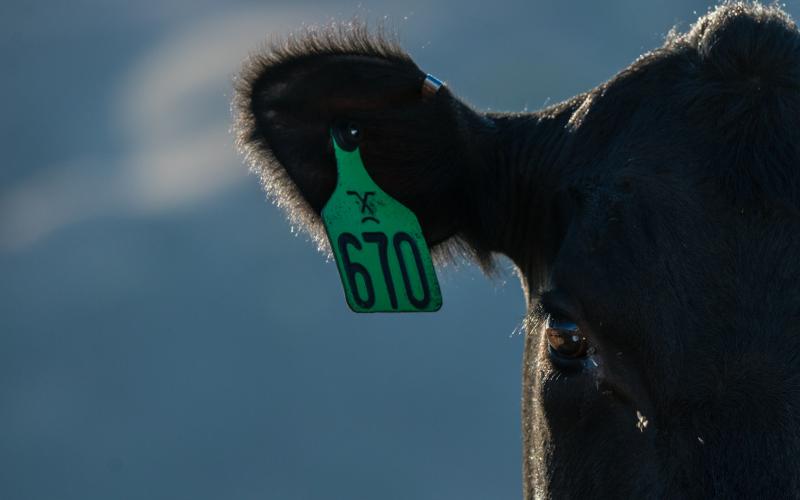
Getting Replacement Heifers Ready to Breed
Producers should take some time to evaluate replacement heifers’ health, nutrition and reproductive status to ensure high-quality females entering the cow herd.
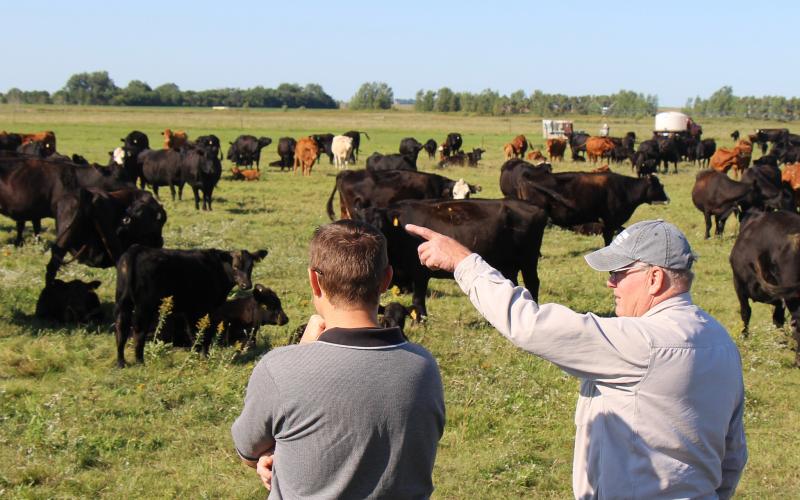
Observing Bulls at Pasture
Checking cows is a daily activity during the summer which becomes even more important once the bulls have been turned out to begin the breeding season. Why? If a bull isn’t doing his job or if he gets injured while on the job, there needs to be a plan B because at the end of the day cows still need to bred.
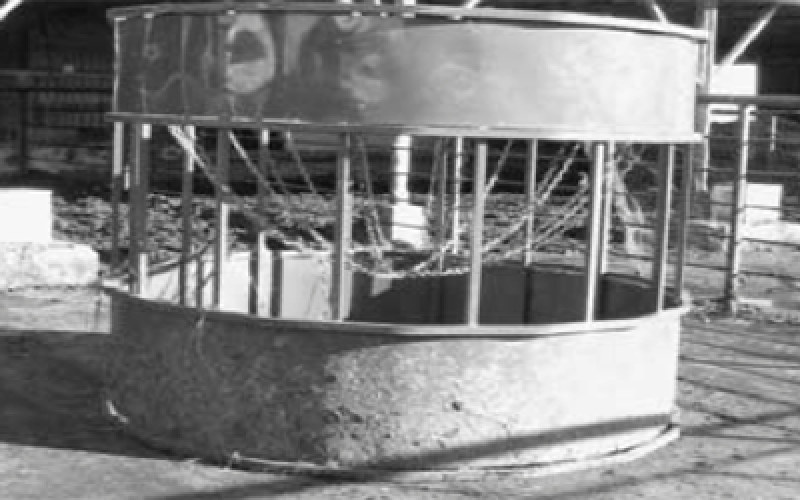
Hay: Stop the Waste
In an effort to prevent increasing the winter feed bill, a new bale feeder design or feeding plan may need to be developed and put into action in order to manage hay waste this winter.
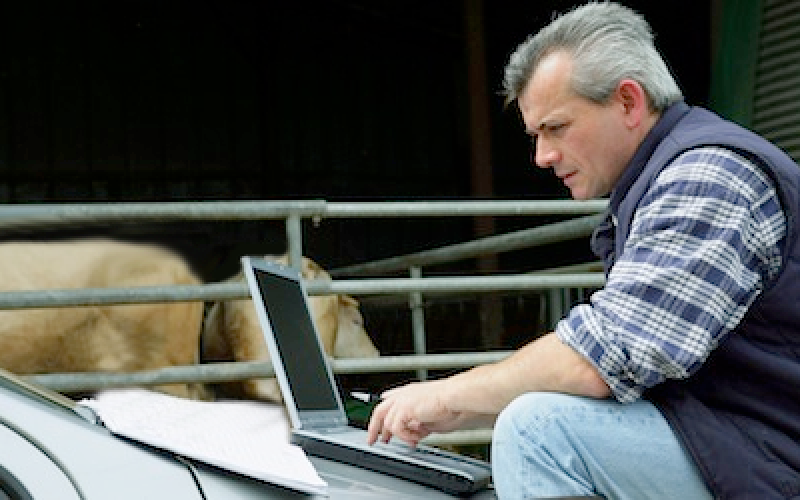
Opportunities for Open Cows
It’s that time of year when driving along the countryside or sitting in the sale barn cows start to show up with an “O” drawn on her side as the Veterinarian called her open on pregnancy check day.
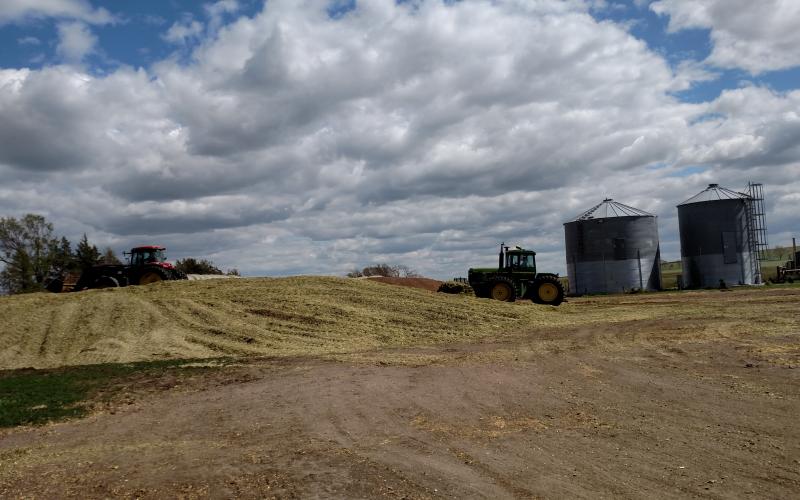
Silage Moisture Testing Tips
Two key points to keep in mind when making high-quality silage are moisture content before harvest and nutrient content before feeding.
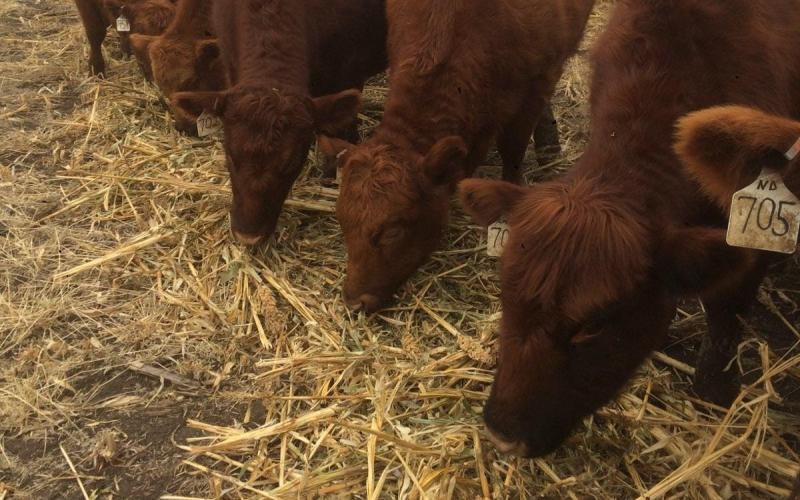
Targeted Feeding for Heifer Development
Heifer development starts with proper whole-herd nutrition year round. Reviewing the basics of heifer development starting with post-weaning selection and development is a good place to start.
How Will You Make Hay This Year?
With plenty of spring moisture, hay season will be here before you know it. Have you considered the type of binding material you will use to put up hay this year?
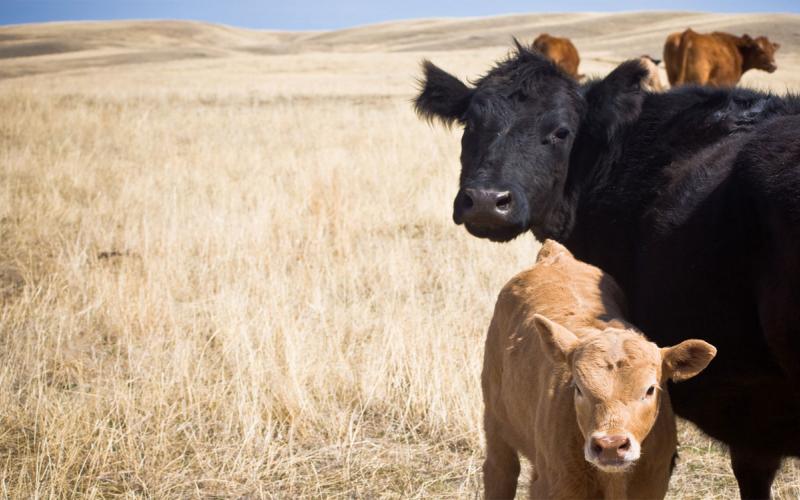
Early Registration for 2021 Range Beef Cow Symposium Ends Nov. 1
October 25, 2021
The two-day meeting will be held Nov. 16-17 at the Monument (formerly the Rushmore Plaza Civic Center) in Rapid City, South Dakota.
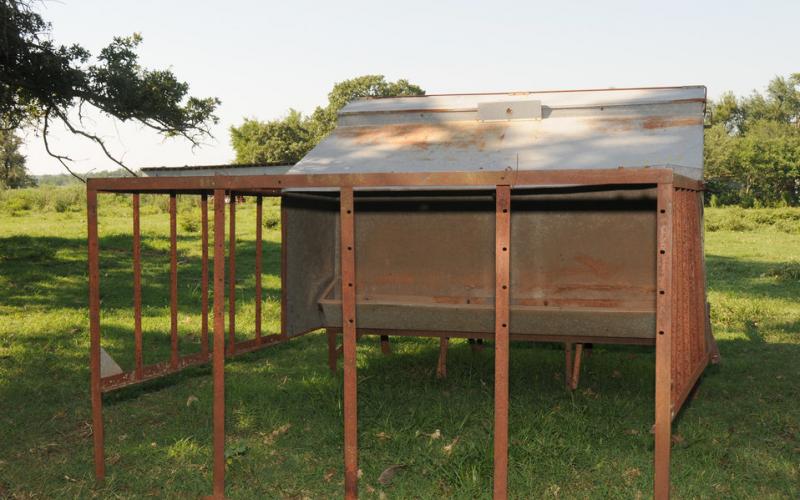
Considering Creep Feeding
Despite what Mother Nature seems to think the summer months are approaching and for some that means rolling out the creep feeder and for others considering whether creep feeding is a necessary investment.
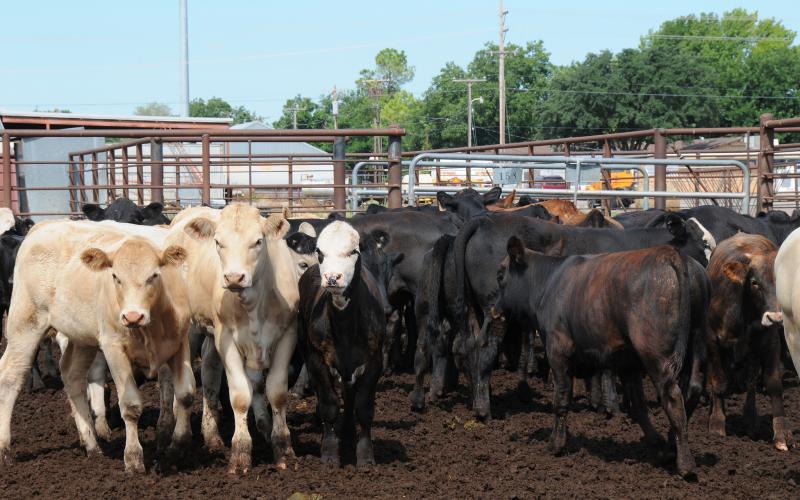
Effects of Nutrition Changes Following Artificial Insemination
When considering heifer development strategies, it may be important for a producer to consider nutritional stress from changes in the diet following breeding.